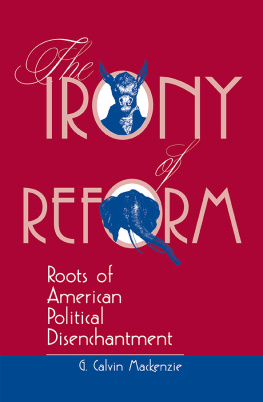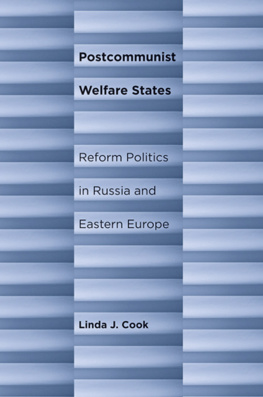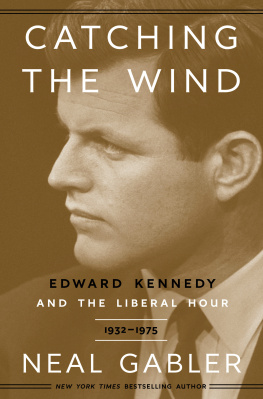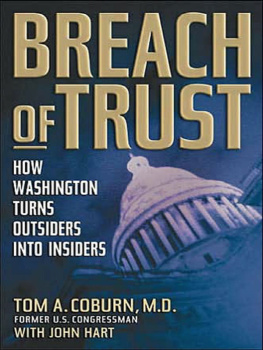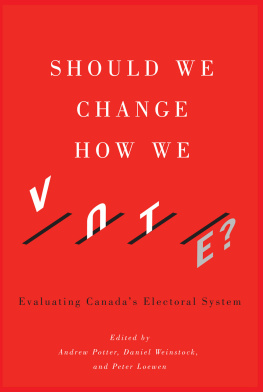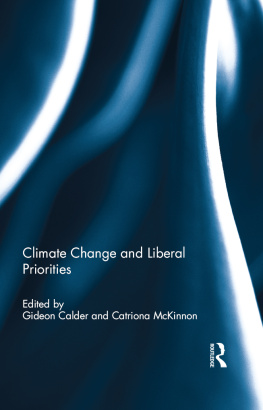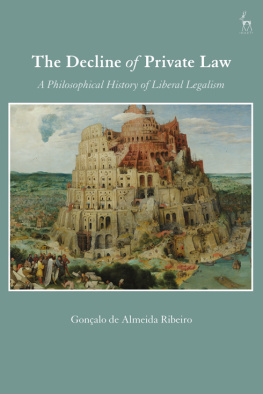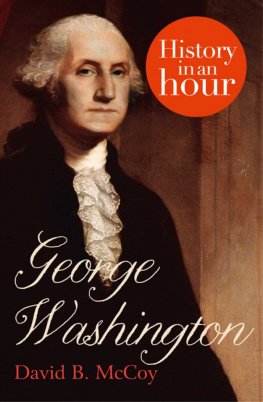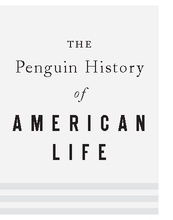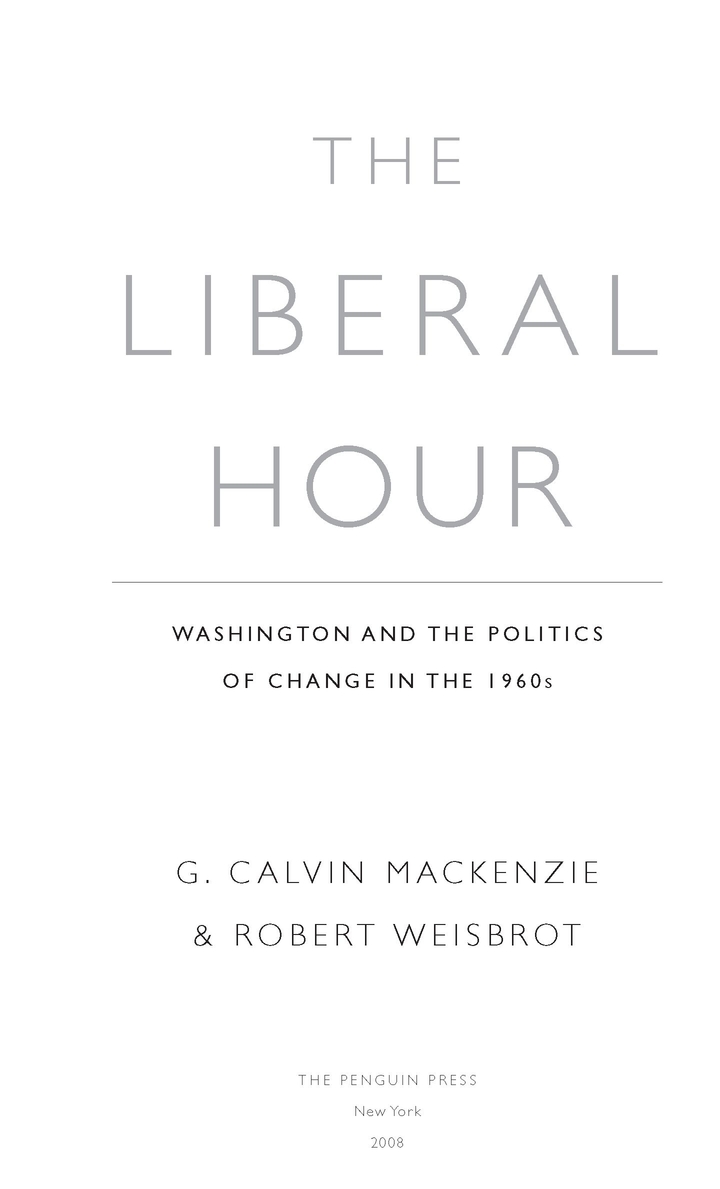Table of Contents
FOUNDING
EDITOR
Arthur M. Schlesinger, Jr.
BOARD
MEMBERS
Alan Brinkley, John Demos, Glenda Gilmore, Jill Lepore,
David Levering Lewis, Patricia Limerick, James M. McPherson, Louis Menand,
James Merrell, Garry Wills, Gordon Wood
AUTHORS
Richard D. Brown, James T. Campbell, Franois Furstenberg, Julie Greene,
Kristin Hoganson, Frederick Hoxie, Karl Jacoby, Stephen Kantrowitz,
Alex Keyssar, G. Calvin Mackenzie and Robert
Weisbrot, Joseph Trotter, Daniel Vickers,
Michael Willrich
ALSO BY G. CALVIN MACKENZIE
The Politics of Presidential Appointments
American Government: Politics and Public Policy
Bucking the Deficit: Economic Policymaking in America
(with Saranna Thornton)
The Irony of Reform: Roots of American Political Disenchantment
Scandal Proof
Conflict and Consensus in American Politics
(with Richard L. Cole and Stephen J. Wayne)
ALSO BY ROBERT WEISBROT
Father Divine and the Struggle for Racial Equality
Freedom Bound: A History of Americas Civil Rights Movement
Maximum Danger: Kennedy, the Missiles, and the Crisis of American Confidence
To
LOUIS AND DORA WEISBROT
GEORGE AND MARY MACKENZIE
Whose wisdom and love guided us through the 1960s
and all the years that have followed
INTRODUCTION
Ask not what your country can do for you... Until hell freezes over... Segregation now, segregation tomorrow, segregation forever... Silent Spring... I have a dream... Extremism in defense of liberty is no vice... Black Power... Unsafe at Any Speed... Guns and butter... Give Peace a Chance... Credibility gap... I shall not seek nor will I accept the nomination of my party... The new Nixon... One giant step for mankind... The Times They Are A-Changin.
So vivid and affecting were the images they yielded that the 1960s survive in our national memory as a pillar of hope, a promise un-kept, a continuing source of bewilderment, a scar. The passions they stirred still roil. The questions they raised still linger. Their full meaning remains unsettled.
Powerful historical forces caught up with America in the 1960s and swept through every corner of national life. It was a decade crowded with conflict; with movements for justice and against war; and with change, some superficial, some deep and lasting. Traditional notions of race relations, the role of women, the purpose of education, the responsibilities of the federal government, and Americas place in the community of nations were all challenged in the 1960s as they had rarely been before. Old verities were questioned; new possibilities proliferated.
Most studies of the 1960s treat the decade as a museum of spectacles. Watts! Dallas! Woodstock! Chicago! Selma! Tet! One could hardly turn around, the histories so often suggest, without encountering some new surprise or outrage. Disbelief became the commonest of emotions.
It is not surprising that so much of the coverage of the 1960s has focused on the most dramatic moments. The brightest flame always draws the moths. But the durable legacy of that decade is more than the heat and the light, more than the sheer sense of liberation and experimentation, more than pungent images. To focus only on those is misleading.
It was an unruly decade, but one that changed the United States in profound ways. In few periods in our history has reform been so concentrated and far-reaching. A new demography, unprecedented national wealth, a relentless Cold War, and an accumulation of social and political pressures in the postwar years pushed reform onto the political agenda. The magnitude, timing, and direction of that reform were affected, sometimes deeply, by an expanding and highly visible throng of activists and critics. They took their country to task. Change could not have occurred as it did without them. But they are only one part of the story, and often not the main theme. The 1960s were also years in which the processes of democratic politics were better managed, more creative, bolder, and more responsive than they have been at any time since and rarely were before.
Government transformed American life in the 1960s, and politicians led the change. Great struggles occurred between those agents of change and the forces of resistance, but the struggles that mattered most took place within the halls of the very institutions and under the skillful direction of the very people against whom the loud voices in the street railed so often.
The story of the protest movements and the counterculture of the 1960s has been richly drawn in a vast outpouring of history, fiction, and film. But much of that story suggests that the young people of America were at war with the old; that change was a bottom-up enterprise, pushed by the powerless, resisted by the powerful.
We disagree.
The dissidents and the politicians were in this together, though few in either group recognized or admitted as much at the time. The enduring impacts on American life came from acts of Congress, from presidential leadership, and from the opinions of the Supreme Court. Yet few in government would have pushed so boldly for reform without the insistent prodding by dissidents outside the normal political channels. That the authors of the Port Huron Statement and those who marched in the streets had their say is not so much a separate truth as it is a separate part of a broader truth. The old men of Washington and the buoyant insurgents at Port Huron and Selma were not as dissimilar, let alone oppositional, as they and later writers have suggested. Both contributed in important ways to the lasting influence of the decade they shared.
The New Left, the counterculture, the intellectual dissidents, even the hippies played an important role in the 1960s, but their story is well known. They appear in this book from time to time as forces for change, but not as agents of reform. The argument here is that it was often the very targets of their wraththe institutions of national politics and the politicians and bureaucrats who inhabited themthat produced the social and economic changes that have become the deep and enduring legacy of the 1960s.
Their story is not so well known. There are scores of books about Martin Luther King but most Americans today have little recollection of Emanuel Celler or Everett Dirksen, central players in the legal fortification of black civil rights. The legacy of Woodstock survives and its music and message are still celebrated, but Gaylord Nelson, Edmund Muskie, and Wilbur Cohen, crucial advocates for the very changes the music demanded, have little such visibility.
This was an era when demands that had lingered on the political agenda for years finally entered the realm of possibility. At long last the federal government shattered walls of privilege that white males had long regarded as natural and inevitable. It assumed new responsibilities for the poor, the elderly, the environment, the economy, even the arts and media. It enlarged rights to individual expression and political participation on a scale that had seemed improbable just a few years earlier. It subsidized health care, funded improvements in education from kindergarten through college, and strove to revive and reshape the cities. These diverse actions sprang as much from initiatives within the government as from protests and popular demands outside it.


